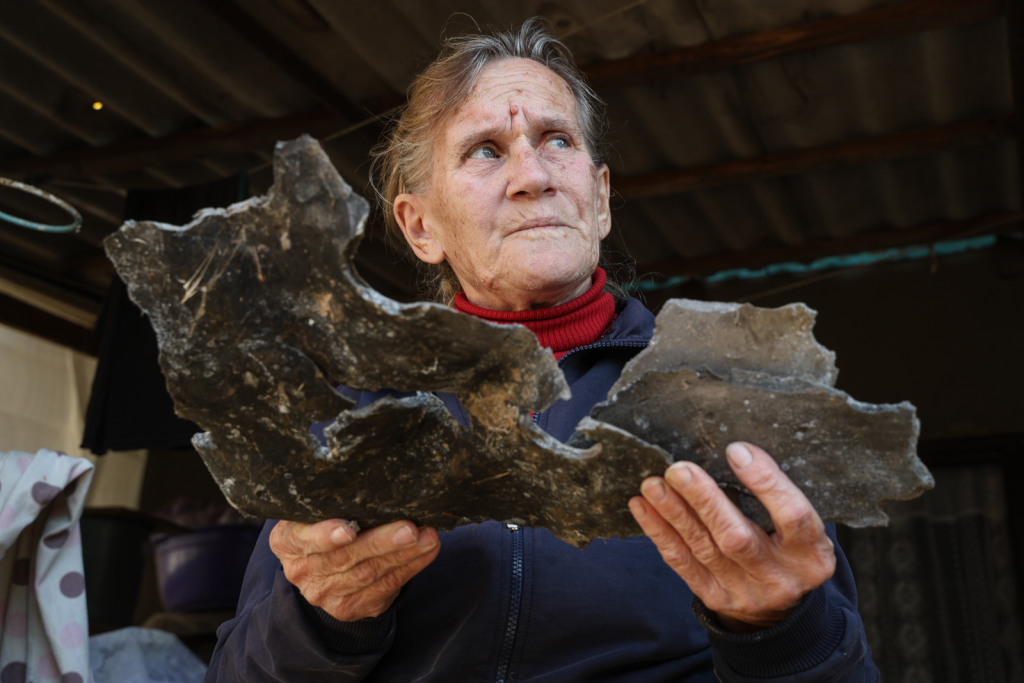New research by WorldPop and ACLED, the Armed Conflict Location and Event Data Project, indicates that more than 1 billion people – 14% of the world population – were living within five kilometres of conflict or civil protest in 2023. This important finding has been uncovered by a new conflict exposure metric that combines WorldPop’s open population data with ACLED’s conflict data into a new online Conflict Exposure Calculator that allows anyone to measure the number of people living within close proximity to political violence or protest to a unique level of detail.
The Calculator was unveiled on Wednesday by ACLED president and CEO Clionadh Raleigh and our director, Professor Andy Tatem. The virtual event was attended by more than 300 participants and presentations were made by Dr Pablo Lozano Torrubia, Regional Analysis & Evidence Manager (East Africa and Americas) at the International Committee of the Red Cross (ICRC), Dr Irene Mia, Senior Fellow for Latin America, and Conflict, Security and Development at the International Institute for Strategic Studies (IISS), and Anthony Nwanze, Child Protective Specialist at Save the Children.
Dr Torrubia suggested that the Calculator may facilitate richer policies and dialogue on how to engage different conflict actors, Dr Mia said the tool was already informing analysis in the IISS Armed Conflict Survey, and Anthony Nwanze commented on the critical value of the demographic insight provided by the tool on developing targeted child protection interventions.
The presentations sparked a lively discussion on the Calculator’s uses in policymaking, humanitarian responses, and new ways of assessing human-centred risks. Particular focus during the audience Q&A were given to how data is collected, the timeliness of population data, disaggregation by sex and age, and analysis of the impact of gangs and militias.
We hope the Conflict Exposure calculator will prove an invaluable tool, not just for policymakers seeking to reduce the impact of war, but also for humanitarians trying to reduce the suffering it causes.
Clionadh Raleigh @ACLEDINFO Tweet
Measuring populations and conflicts aggregated at large area scales can often lead to vital patterns being missed. Bringing together our high-resolution datasets has enabled WorldPop and ACLED to uncover valuable new insights about conflict exposure and how it changes over time.
Professor Andy Tatem @worldpopproject Tweet
Image credit: Protecting people who lost their homes after Russia’s invasion of Ukraine, EU Civil Protection and Humanitarian Aid, 2023, cc-by-nc-nd-2.0 DEED



